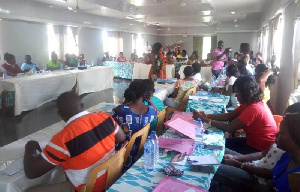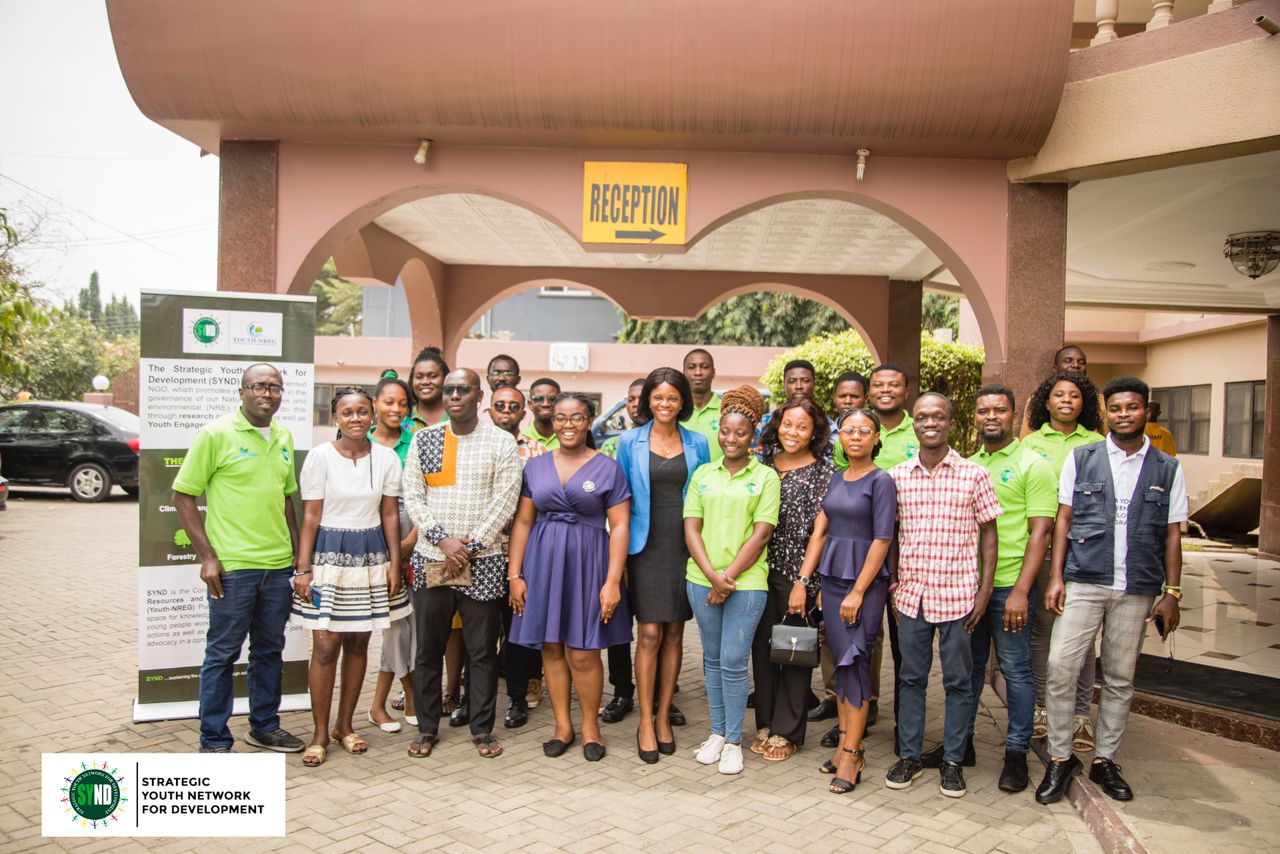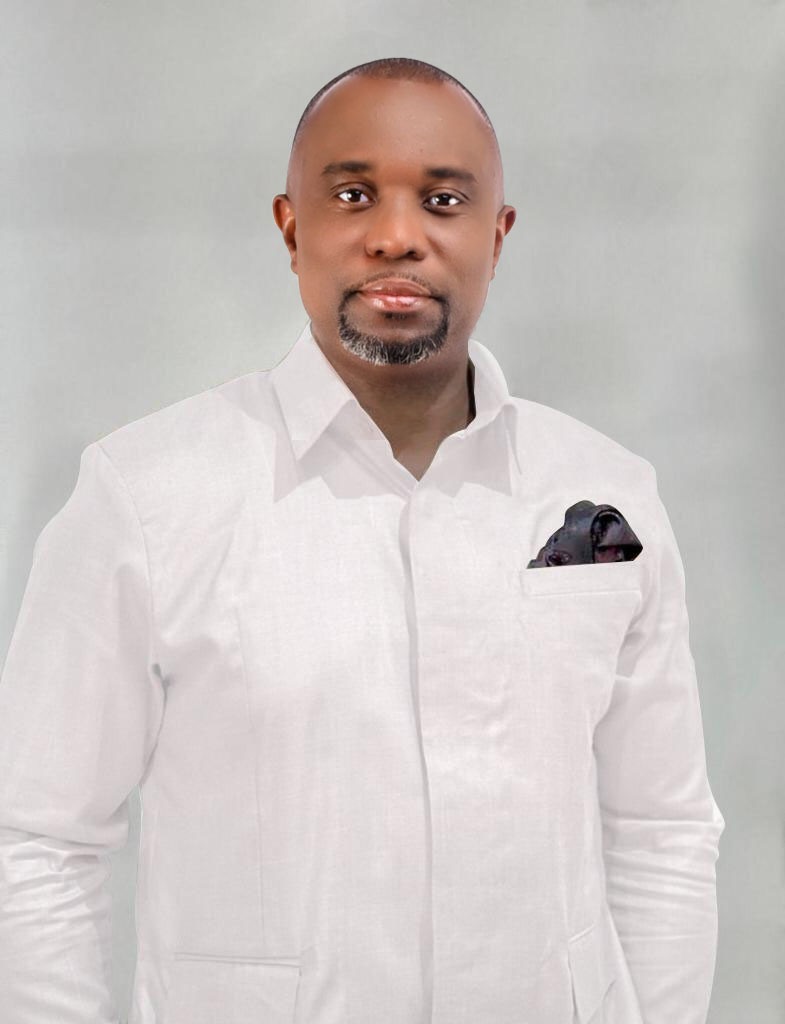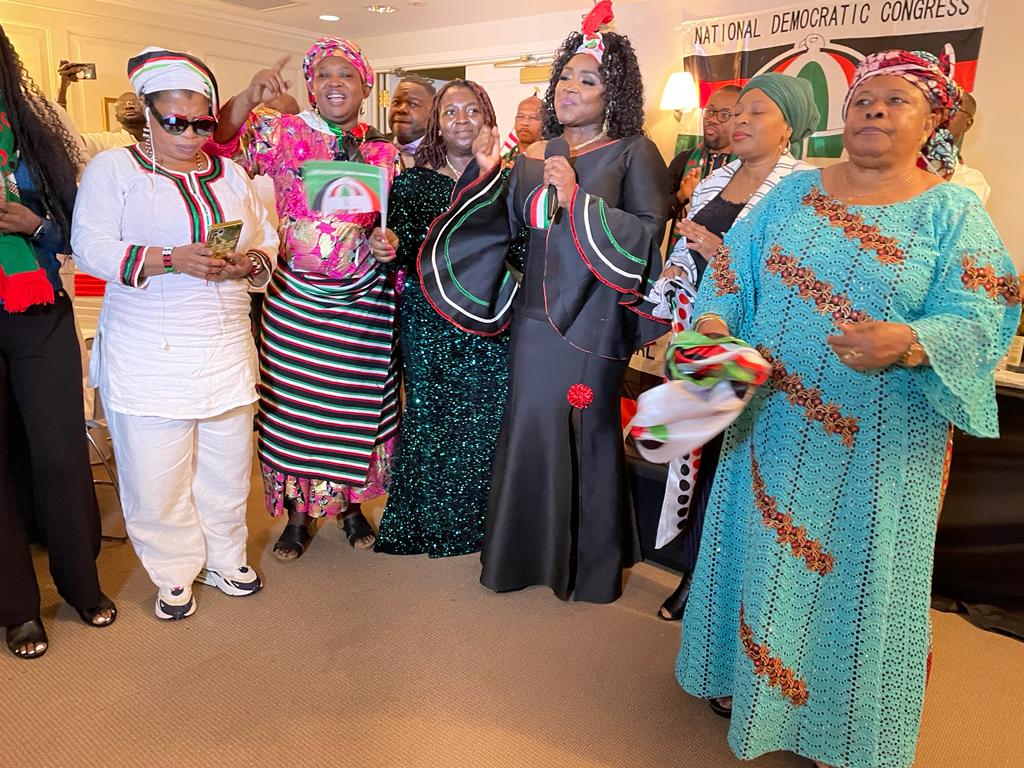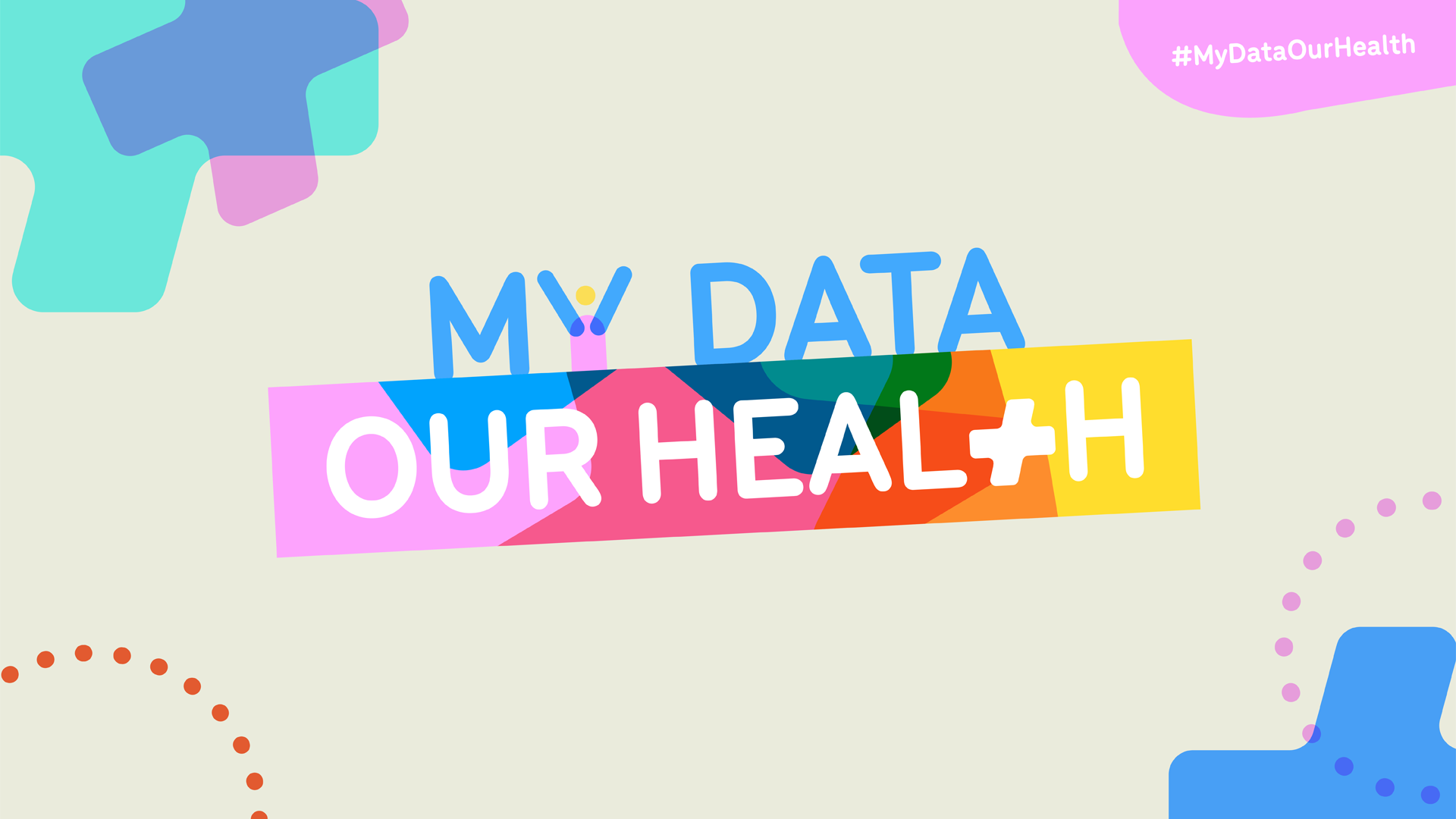Stakeholders have asked to prioritise the health needs of Adolescents with Special Needs as a basic human rights requirement.
Mrs Phideline Kafui Tsey, the Central Regional Resource Person for Adolescents with Special Needs, said there must be maximum national support to address issues pertaining to the rights of marginalised groups, through adequate health services, funding and implementation of legal frameworks to enhance their status.
That, she noted, was the way to achieving the 2030 Sustainable Development Goal-(3), which sought to ensure healthy lives and promote the well-being for all at all ages.
Mrs Tsey gave the advice at the end of a two-day training for 50 Community Health Service Providers at Batanyaa in the Abura-Asebu-Kwamankese (AAK) District, to equip them with the requisite skills and knowledge to provide better health services to Adolescents with Special Needs.
They were drawn from six districts namely Komenda-Edina-Eguafo-Abrem (KEEA), Ajumako-Eyan-Essiam (AEE), Upper Denkyira West, Twifo-Hemang Lower Denkyira, Ekumfi and AAK.
Mrs Tsey noted that Adolescents with Special Needs were among the poorest, marginalised and least known groups in the world as they faced challenges with access to jobs and funding opportunities for entrepreneurial projects, as well as excluded in the political discourse.
They were often marginalised because they suffered impairments including hearing, visual, intellectual as well as Down Syndrome, autism, epilepsy and chronic illness such as asthma, sickle cell disease and congenital heart diseases, she said.
Mrs Tsey encouraged the Community Health Service Providers (CHSP) to visit those children regularly and ask pertinent questions while effectively engaging with their teachers to observe the different attitudes with the kindest support they could.
She also called for the creation of a safe and supportive environment and health facilities that would ensure that the CHSP had access to appropriate information to enable them to provide counselling on mental health, nutrition, sexual and reproductive health to Adolescents with Special Needs.
“They should identify problems that create barriers to progress and encourage their participation in developmentally age-appropriate activities…”.
Mrs. Thywill Eyram Ekpe, the Regional Director, Department of Gender, called on stakeholders to identify the various services needed by adolescents including Adolescent Sexual and Reproductive Health and Rights, among others, and make them assessable to those with special needs.
She expressed her outfit’s readiness to reach out to the marginalised to reduce the menace of child marriage and other adolescent protection violations in the Region.
Source: GNA


